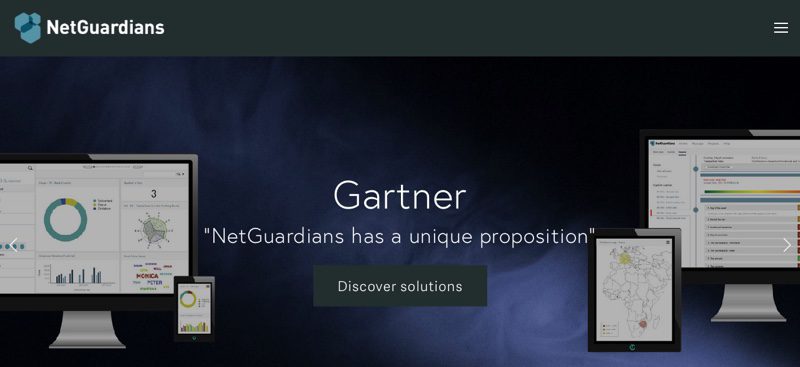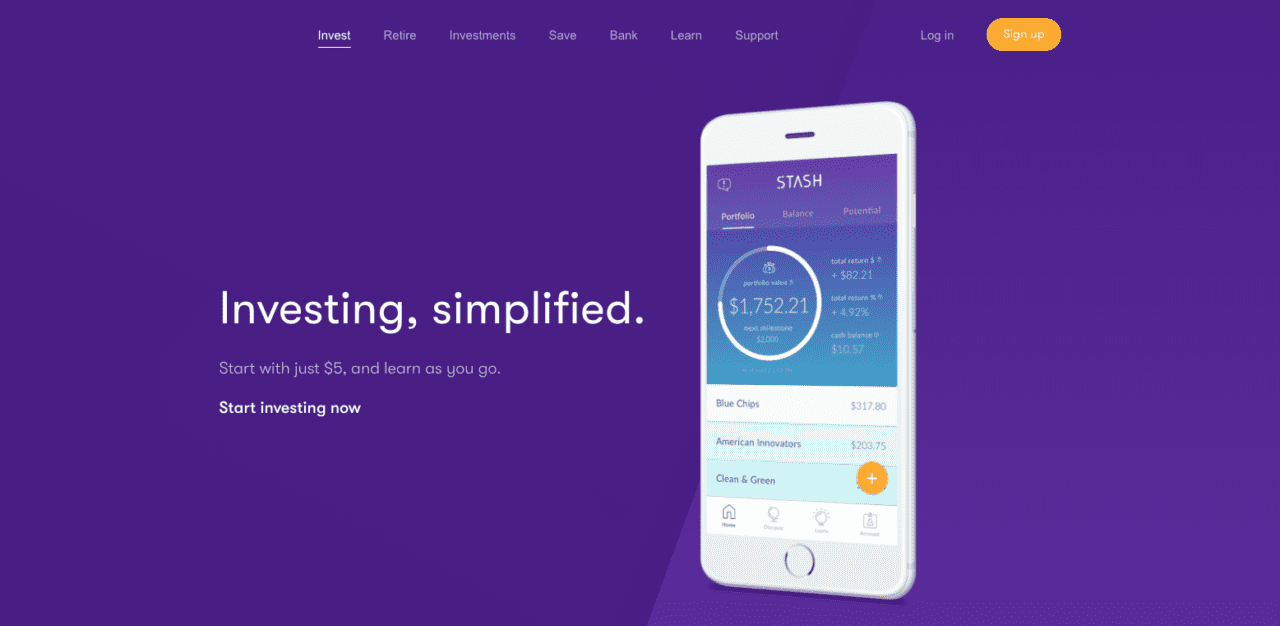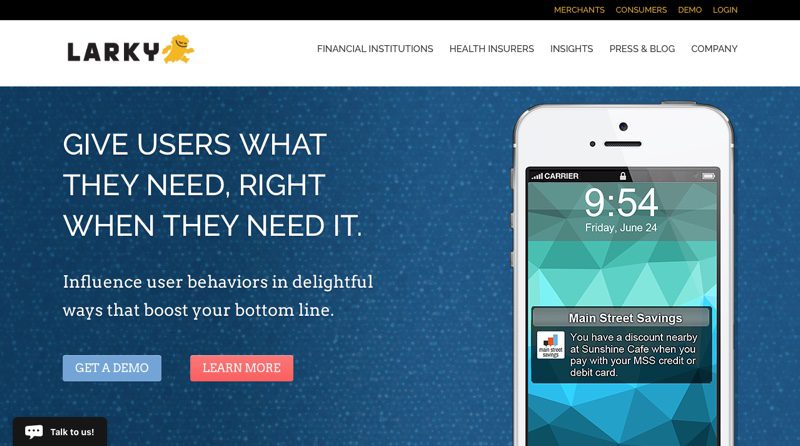Is there anyone who still doubts that governments and financial institutions in the Middle East are committed to taking advantage of distributed ledger technology? If so, the announcement today that the UAE Exchange has joined Ripple’s RippleNet network is a reminder that when it comes to the blockchain: MENA means business.
“Incorporating Ripple’s blockchain technology into our payments systems will bring customers and enhanced, new payments experience,” UAE Exchange Group CEO Promoth Manghat said. “The early adoption of this game-changing technology allows us to offer a competitive service, as it will have an impact on the speed and cost of cross-border transactions. We are proud to deliver the future of payments with Ripple.”
Ripplenet is an enterprise blockchain network that features more than 100 participating banks and FIs. Via the network, members are able to conduct real-time messaging, clearing, and settlement of financial transactions for their banking and payment clients. In joining the network, UAE Exchange becomes the largest payment solutions provider in the Middle East to use Ripple’s technology for real-time, worldwide, payment processing.
“We choose to focus on solving inefficiencies in key corridors where payment flows are significant and growing,” Global Head of Infrastructure Innovation for Ripple, Dilip Rao said. “Adding a market leader like UAE Exchange to RippleNet will bring instant, certain, low-cost payments to the millions of retail customers in the UAE who send money abroad.”
Ripple and its technology have been gaining momentum along with the broader growth in interest in the blockchain, cryptocurrencies, and distributed ledger technology. Earlier this month, the company announced that Banco Santander would leverage its technology to offer same day mobile international payments. In January, Ripple launched a trial project with MoneyGram in which the remittance services specialist will use XRP through Ripple’s xRapid service and explore integration with Ripple’s API for businesses, xVia.
Founded in 1980, UAE Exchange has nearly 800 branches in 31 countries – with nearly 150 branches across the seven Emirates and 17 branches in Dubai metro stations. Headquartered in Abu Dhabi, UAE has more than 9,000 employees and more than 15 million customers worldwide using its remittance services.
Making its Finovate debut as OpenCoin at FinovateSpring 2013, Ripple currently has more than 100 customers around the world. The company’s digital asset XRP, available on more than 50 exchanges globally, is used by banks and payment providers to better enter new markets and keep costs low. With offices in San Francisco, New York, London, Singapore, Sydney, Luxembourg, and Mumbai, Ripple has raised more than $90 million in funding, and counts Santander Innoventures, SBI Investment, IDG Capital Partners, and Core Innovation Capital among its investors.
Interested in fintech developments in the Middle East? FinovateMiddleEast comes to Dubai, UAE, February 26 and 27, for two days of keynotes, panel discussions, and live fintech demonstrations.Â


















